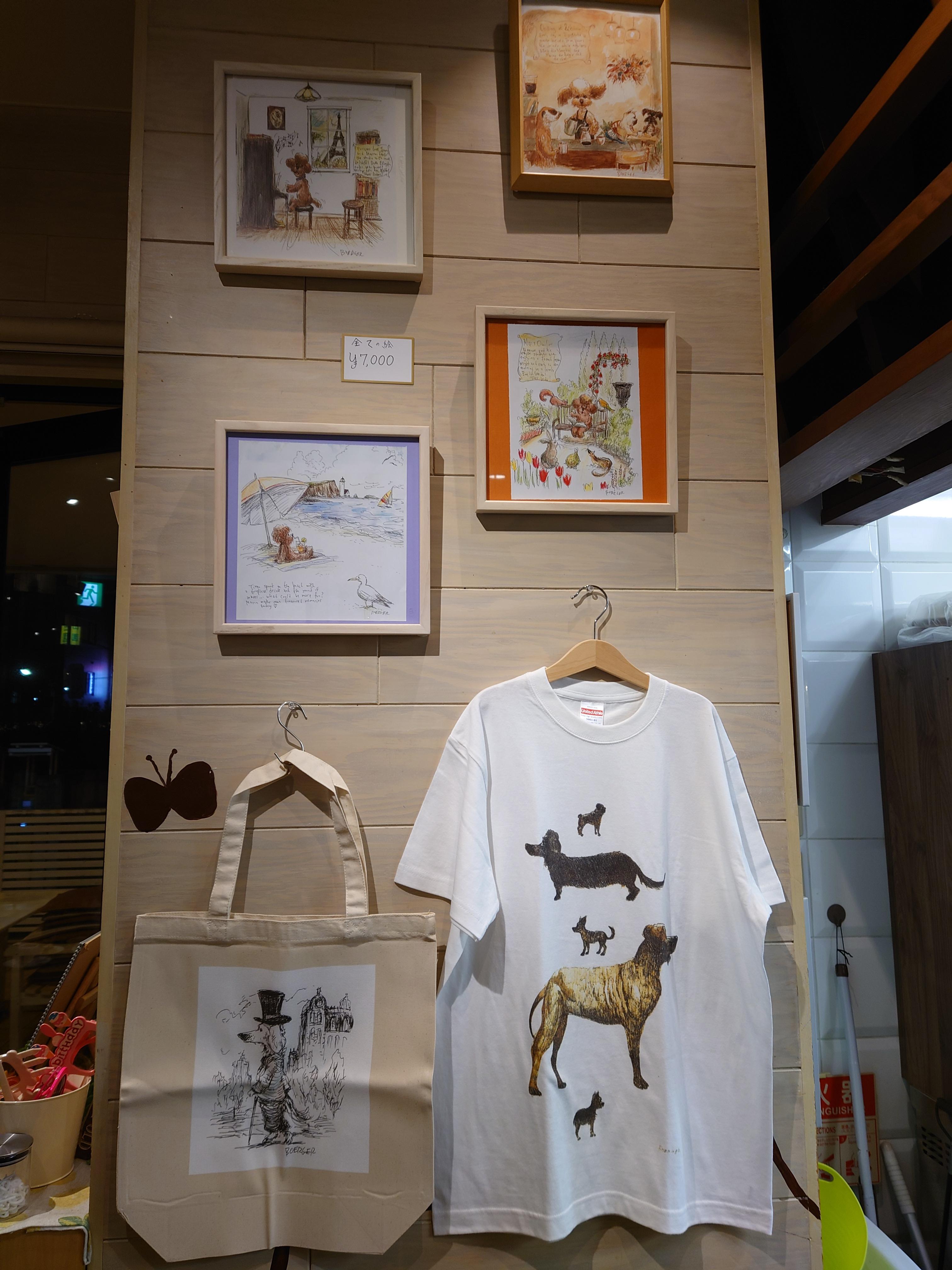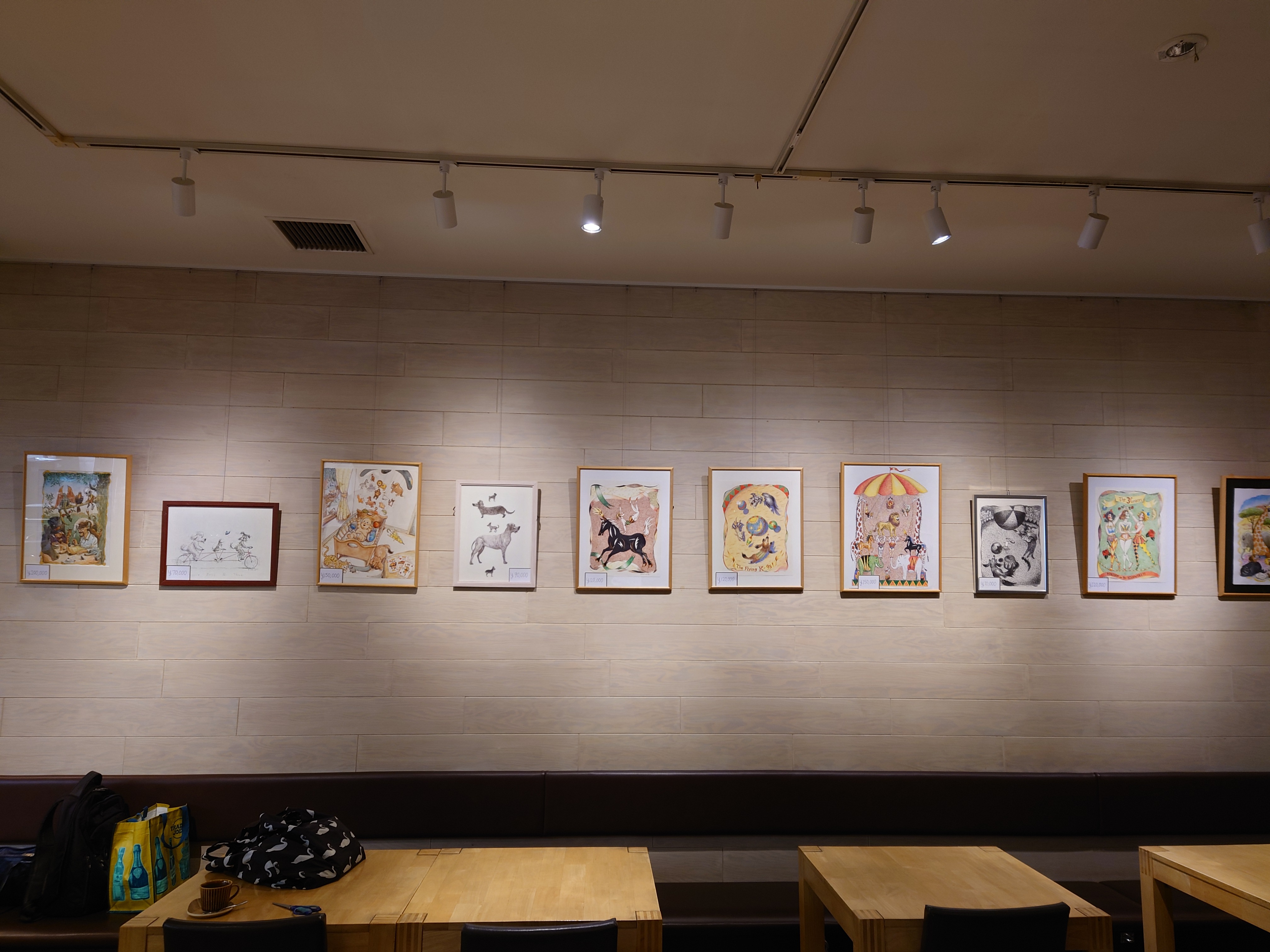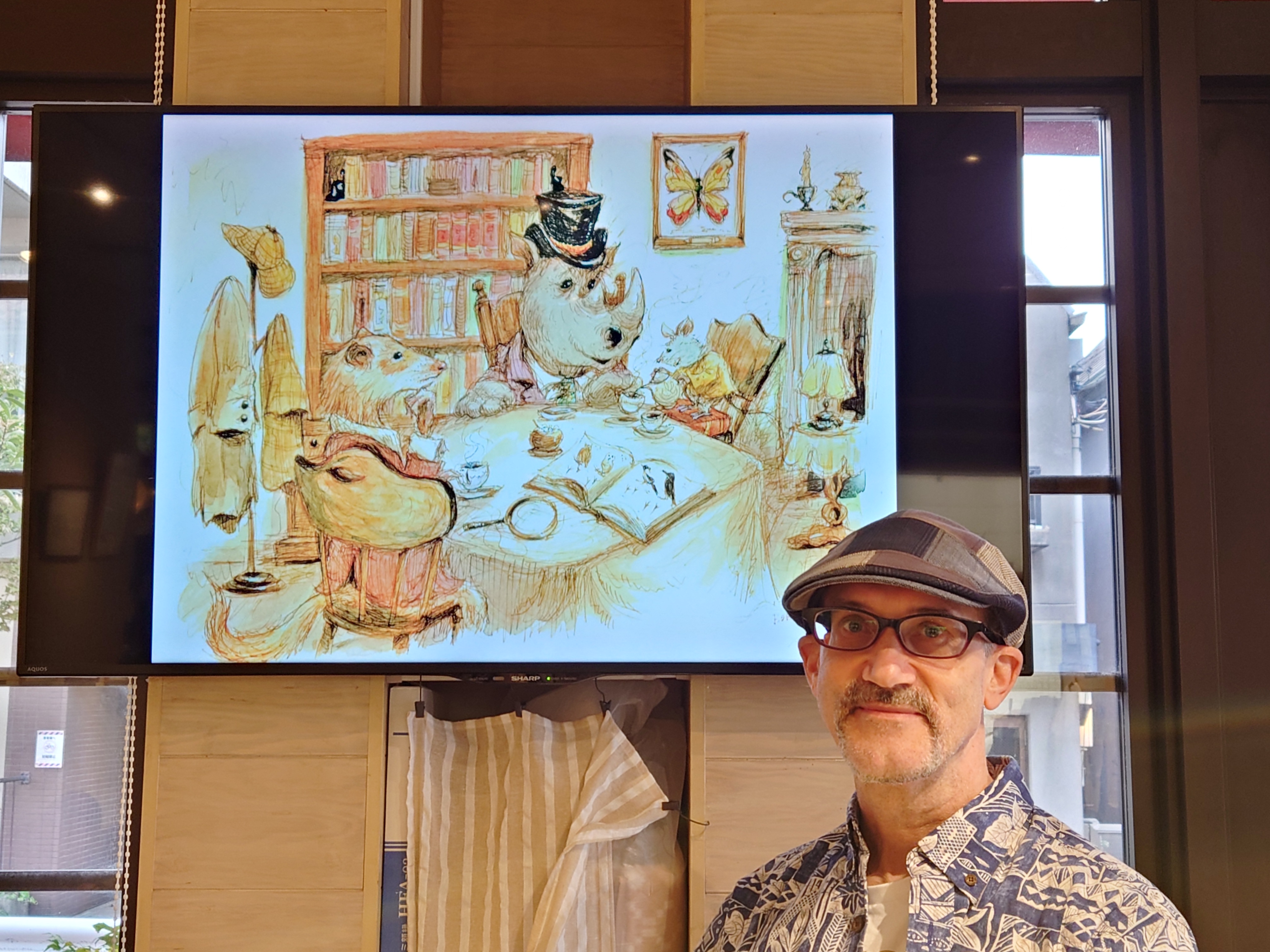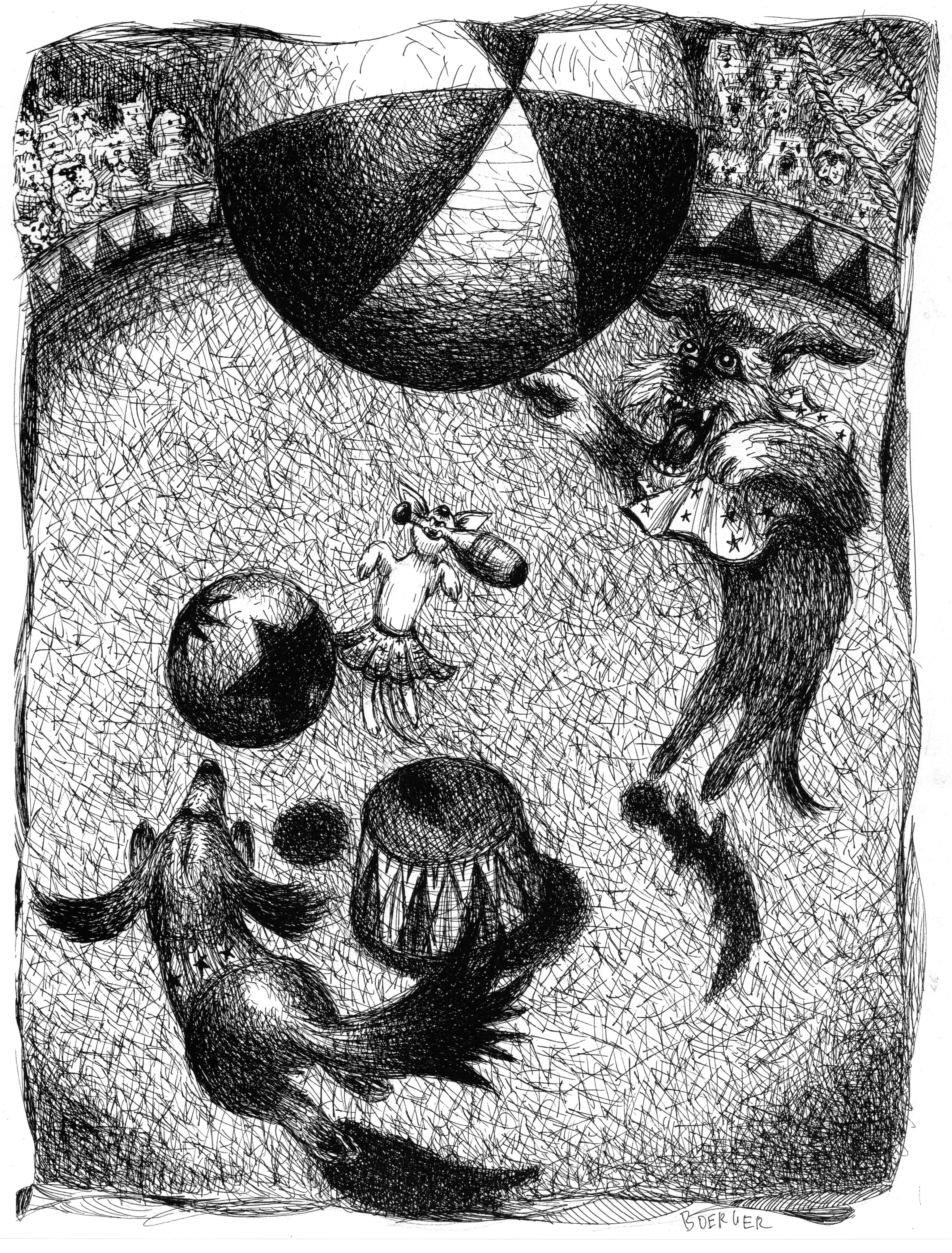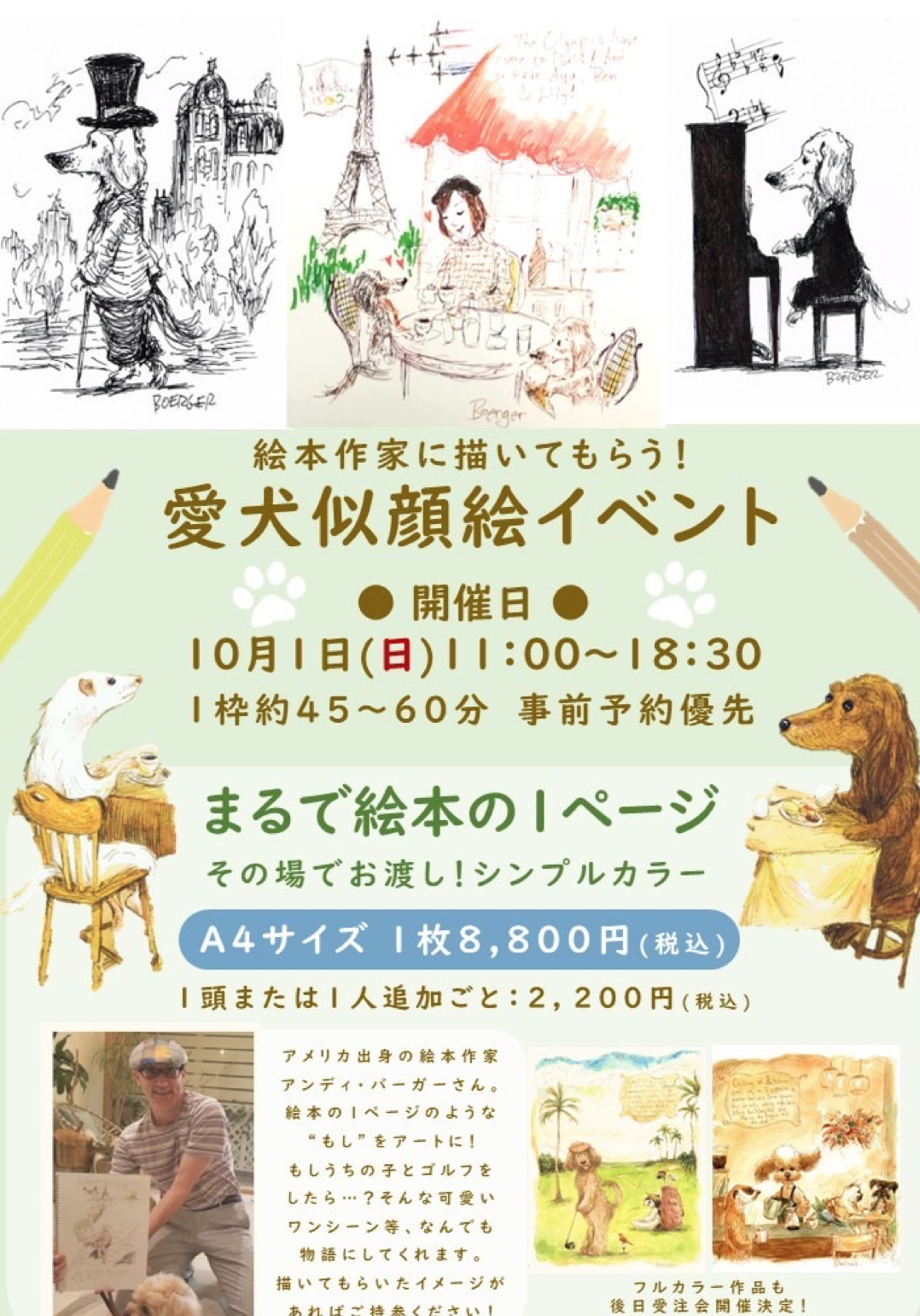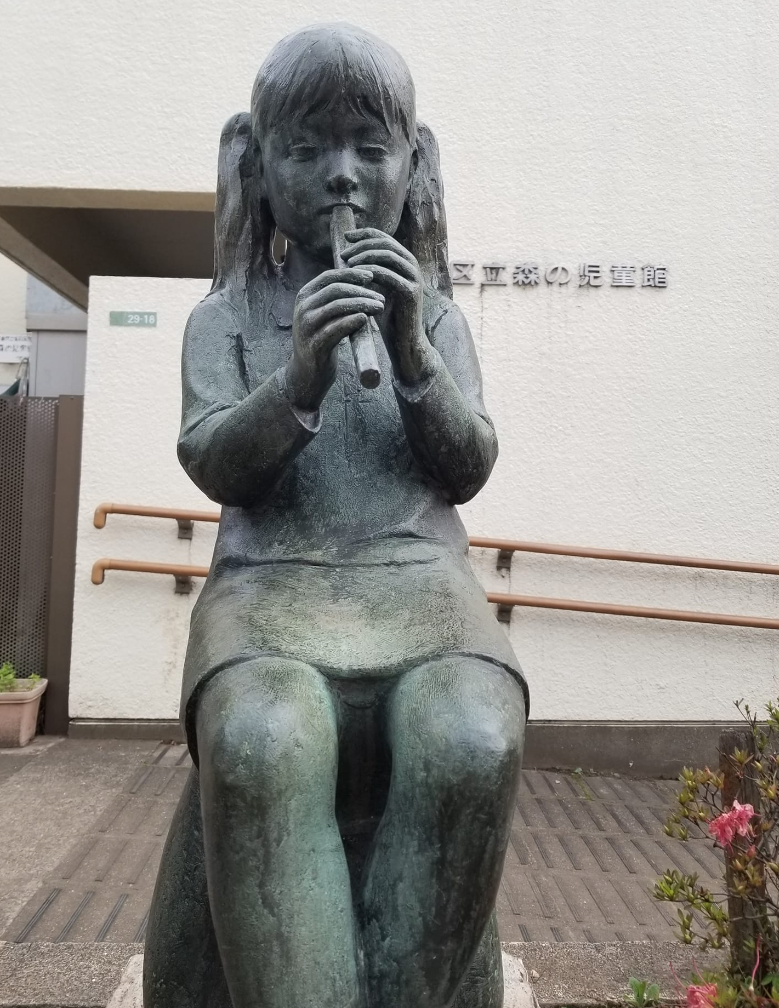
Friends Come In All Sizes
I have a new friend. I have written before that I live on a street with a lot of bridges, because a small river runs smack down its middle, and that I also live directly in front of a school (actually two; the complex is shared by an elementary school and a junior high school).
Nearly every morning, I step outside, walk the twenty meters or so to the nearest bridge, and lean over it with my first cup of coffee of the day, just drinking up the vibe, often as not seeing ducks, or a white crane, a parrot or the occasional kingfisher.
So I have become somewhat of a fixture. This has brought a very talkative seven year old girl into my life. She started out wanting to practice her English with me (she has mastered 'Good morning' and 'See you!') but when that got old she had to come up with different reasons to prolong our time together, and delay the drudgery of school routines.
So now we compete in a daily series of 'races'. She will bring a collection she gathers on her way of leaves, flowers and twigs, and we will throw them into the river at the same time. The one that goes the furthest downstream wins. This started during cherry blossom season, when fallen flowers and petals were already festooning the river, and I pointed out to her how lovely they look as they flow along the surface. Kids, being less enamored of simply taking in beautiful scenes, quickly get bored of that and need to come up with some way to make things more proactive and thus interesting. And so our daily race concept was birthed. She gathered up some blossoms and flowers off the street and we tossed them in and watched them meander down. From there it was just a matter of spicing things up by seeing whose landed first, went furthest, etc.
I thought that when cherry blossom season ended, our shared enterprise would as well, but my little friend was not about to let a good thing go just because the cherry trees had done their annual duty. No, anything, so long as it is organic (we are not litterers, after all) has become fair game for her as she gathers up the competitors on her way down the street toward the bridge, her last stop before entering the school grounds.
We even have a sort of following at this point. Our races have attracted the attention of some of her classmates, who approach us to see what the heck is going on and stick around to view the results.
As for the results, I seldom win. I think there must be some hidden advantage in her lower height, shorter arm length etc. Not being a physicist, I can't say for sure, but regardless I am well below average at a contest that requires no skill whatsoever, so make of that what you will.
We don't know each others' names, but our meetings have become an important - and to me charming - part of each others' days.
 BXI Builingual System started translating.
BXI Builingual System started translating.

